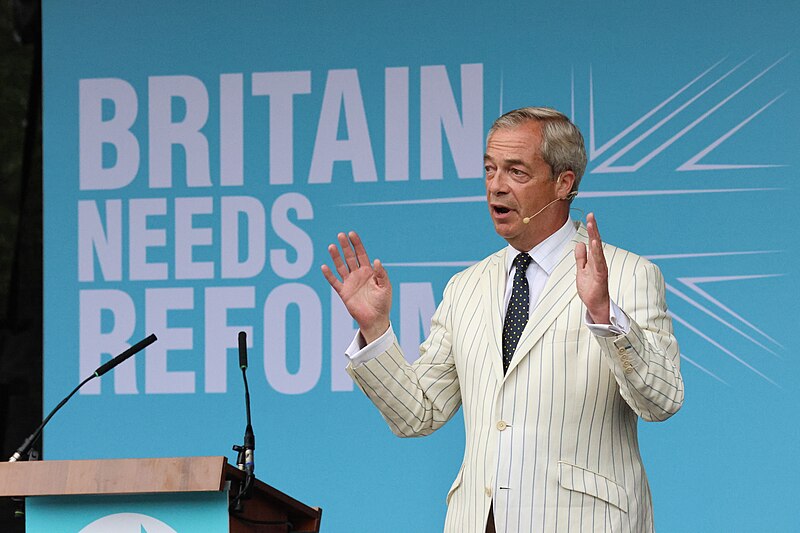
Nigel Farage has rejected the idea of formal coalitions between Reform UK and Conservative councillors following the upcoming local elections. His comments came in response to a suggestion
by Conservative leader Kemi Badenoch, who said local Tory groups could work with Reform UK if needed to keep councils functioning.
Speaking to the BBC, Badenoch said local Conservative councillors would be free to decide what’s best for their areas, including potential cooperation with Reform UK. She emphasized that similar local power-sharing arrangements already exist between Conservatives and other parties, including Labour, the Lib Dems, and independents.
Farage, however, dismissed the idea of any formal alliances with the Conservatives, saying Reform had “no intention of forming coalitions with the Tories at any level,” blaming the party for "breaking Britain" over the past 14 years. Nonetheless, he left room for informal cooperation, stating Reform could work with “pragmatic and sensible” individuals to get things done locally.
He stressed that while there would be “no formal coalitions with anybody,” his party was open to “working relationships” where needed and would maintain independence while acting in the best interests of local communities.
Reform UK, which currently holds around 100 council seats, is ramping up its local presence and contesting nearly all of the 1,600 seats up for grabs in England on 1 May—up from just 12% of available seats last year. Farage has said he hopes the party will win hundreds of seats to strengthen its national position.
While Badenoch has ruled out a national electoral pact with Reform, internal questions persist within the Conservative Party about the extent to which local alliances might be allowed.
Past cooperation between the parties isn’t without precedent. In 2019, under its previous name, The Brexit Party, Reform UK joined forces with Tories and independents to take control of Hartlepool Council. Photo by Owain.davies, Wikimedia commons.




































